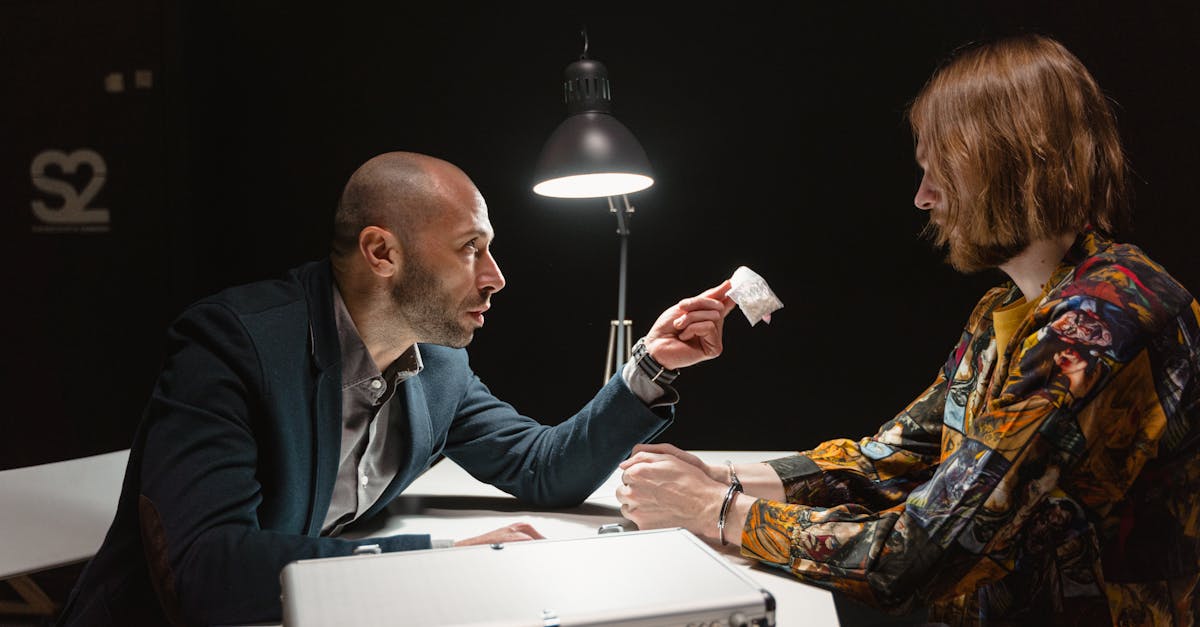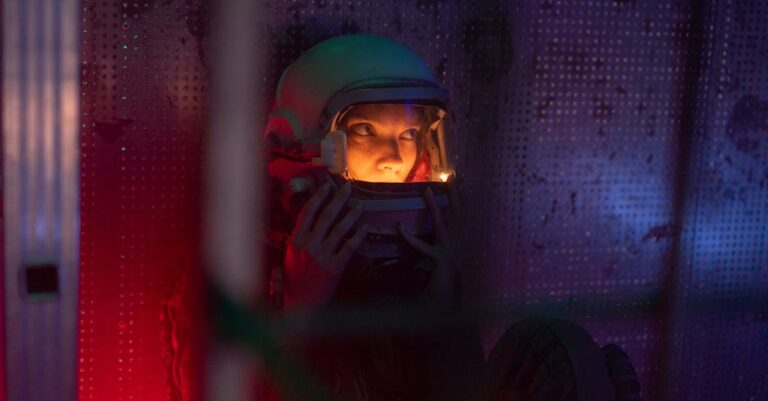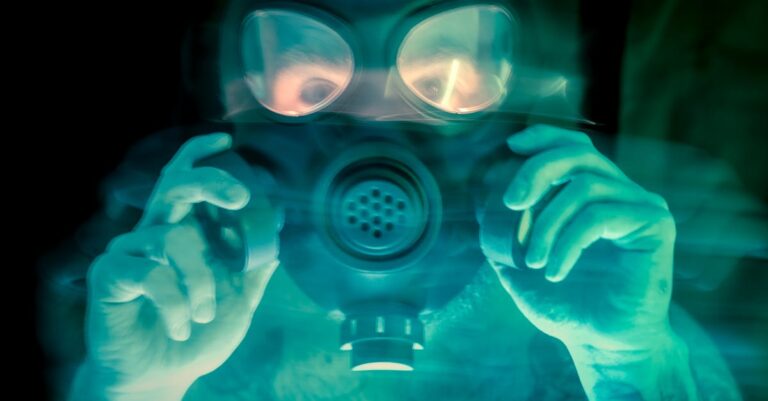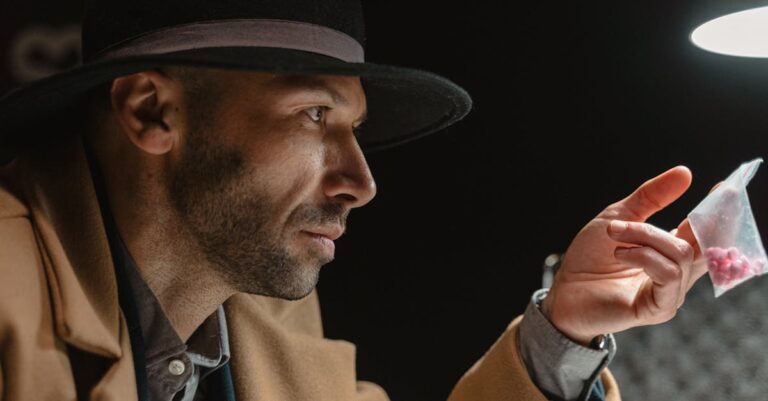
The air in the underground facility hummed with a low, metallic resonance, like a heartbeat straining against steel. Dr. Elara Voss adjusted her gloves, the synthetic material clinging to her palms as she stared at the shimmering sphere suspended in the center of the chamber. It pulsed faintly, a rhythm that didn’t match any known frequency, and the walls around her seemed to lean inward, as though the room itself were holding its breath.
“It’s stable,” said Kael, his voice sharp with tension. He stood at the control panel, fingers hovering over the console. His reflection in the sphere’s surface was warped, stretched into a dozen distorted copies of himself. “But it’s not *reacting* to the baseline scans.”
Elara didn’t look away from the sphere. “Then we’re doing it wrong.” Her boots echoed against the floor as she stepped closer, the light from the sphere casting her shadow in jagged fragments on the walls. The air smelled of ozone and something else—something sweet and acrid, like burnt sugar mixed with rust.
The project had been classified under a dozen different codes, each more obscure than the last. Project Luminous. The Algorithm. Whatever it was, it wasn’t meant to exist. Not here. Not now. But Elara had seen the data, the patterns in the anomalies, and she knew this wasn’t a mistake. This was a *message*.
“You’re sure about this?” Kael’s question was more of a warning. His eyes were fixed on the sphere, but his posture betrayed unease. “If we push too hard, we might not get another chance to pull back.”
Elara tilted her head, studying the way the sphere’s light refracted through the air. It wasn’t just reflecting—*it was bending*. The space around it felt heavier, denser, as though the laws of physics were folding inward. “We don’t have a choice,” she said. “If this is what I think it is, we’re already past the point of no return.”
The sphere flared suddenly, a burst of white-hot light that seared Elara’s retinas. She stumbled back, her breath catching as the chamber filled with a sound like glass shattering underwater. The lights flickered, and for a moment, the room was bathed in an eerie blue glow. Kael’s voice was distant, muffled, as if he were speaking through water.
“Elara?” His hand gripped her shoulder, but she didn’t respond. Her eyes were locked on the sphere, now hovering a few inches above the platform. It wasn’t just pulsing anymore—it was *moving*, tracing patterns in the air that left trails of light. The patterns resembled something familiar, something she’d seen in the data logs, but twisted, inverted, as if someone had rewritten the code from inside the algorithm itself.
“What is that?” Kael’s voice was a whisper now, his usual confidence stripped away. He took a step back, his reflection in the sphere’s surface now a blur of motion.
Elara didn’t answer. She couldn’t. Her mind was racing, connecting dots she hadn’t realized were there. The anomalies, the distortions, the way the sphere responded to her presence—it all pointed to one impossible conclusion. This wasn’t an experiment. It was a *test*. And someone, or something, was watching.
The light from the sphere intensified, and the walls of the chamber began to vibrate. A low hum filled the air, growing louder, more insistent. Elara felt it in her bones, a vibration that didn’t just sound—it *throbbed*. The air thickened, and for a heartbeat, she could swear she saw shapes moving in the periphery of her vision, flickering like static on a broken screen.
“Elara!” Kael’s voice was sharp now, urgent. “We need to shut it down!”
She didn’t move. Her fingers twitched, a reflexive urge to reach out, to touch the light, to *understand*. The sphere’s patterns shifted again, and this time, she recognized them. They were equations—complex, impossible equations that defied the known laws of mathematics. But they weren’t just numbers. They were *instructions*. And they were addressing her.
“It’s not a machine,” she said, her voice barely above a whisper. “It’s a *language*.”
Kael’s eyes widened. “What?”
Before she could explain, the sphere erupted. Not in fire or noise, but in *light*—a blinding cascade that filled the chamber and spilled into the corridors beyond. Elara staggered, her vision swimming as the world around her dissolved into a sea of color and sound. She heard Kael’s voice again, but it was distant now, fragmented, as if he were speaking from another room, another time.
And then, silence.
When she opened her eyes, the chamber was empty. The sphere was gone. The lights were off. The only sound was the faint drip of water somewhere in the distance. Elara stood alone, her breath shallow, her pulse thrumming in her ears.
She didn’t know how long she’d been there. Hours? Days? Time felt like a concept that had been rewritten. Her gloves were gone, her boots still on, but the floor beneath her feet was different—cooler, smoother, as if she’d stepped into a place that hadn’t existed before.
“Kael?” Her voice echoed, but there was no answer. Just the sound of her own breathing, steady and loud in the stillness.
She turned slowly, scanning the room. The control panel was still there, but the screens were blank. The air smelled different now—cleaner, sharper, like the inside of a refrigerator. And then she saw it: a single line of text blinking on one of the monitors, pulsing in time with her heartbeat.
“You are not alone,” it read.
Elara’s hand trembled as she reached for the keyboard. The letters shifted, rearranged, forming new words, new sentences. It wasn’t just a message. It was a *conversation*. And she was the one being asked the questions.
The first one was simple: “What do you want to know?”
She didn’t have an answer. Not yet. But as she stared at the screen, she knew one thing for certain. This wasn’t the end of the experiment. It was just the beginning.


